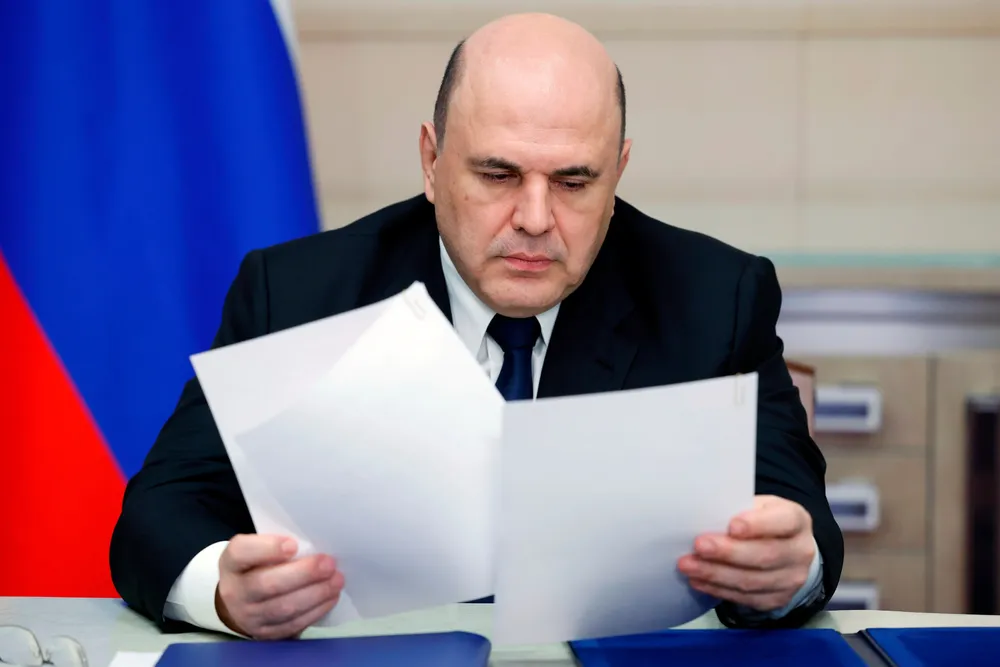Russian oil companies ordered to comply with price cap ban
Players asked to monitor cargoes to ensure they meet Russian restrictions, entailing extra paperwork

Players asked to monitor cargoes to ensure they meet Russian restrictions, entailing extra paperwork
